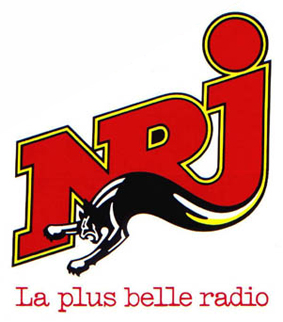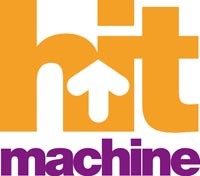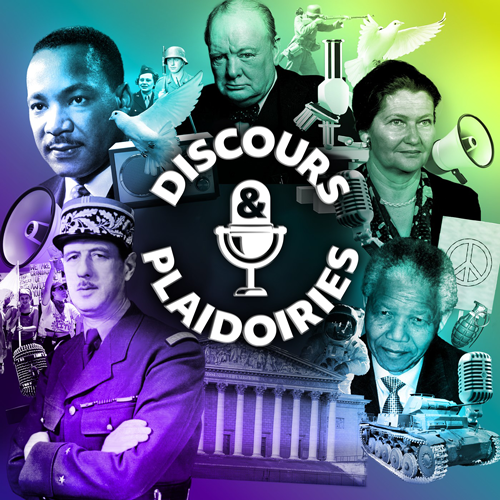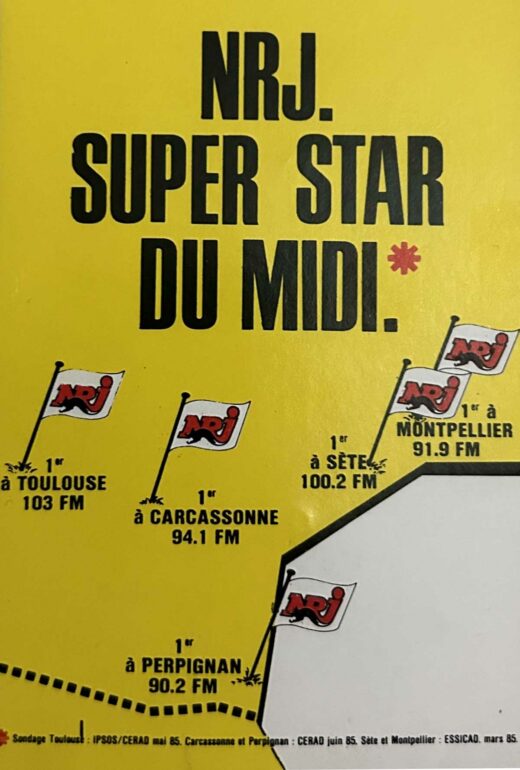
Listeners:
Top listeners:
-
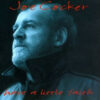 play_arrow
play_arrow
Génération X – Rencontre avec Joe Cocker – 1994 Joe Cocker
-
 play_arrow
play_arrow
Génération X - Rencontre avec Jamiroquai - 1995 Jamiroquai
-
 play_arrow
play_arrow
Sky The Tunnel 2
-
 play_arrow
play_arrow
Concert U2 – Zoo Tour – 1993 U2
A wonderful adventure…
 With the arrival of the networks and their franchises, small radio stations were gradually disappearing. Only the formatted, commercial radio stations were able to resist. They could afford the best presenters, while controlling their programming, right down to the jingles, down to the minute. Radio became more professional.
With the arrival of the networks and their franchises, small radio stations were gradually disappearing. Only the formatted, commercial radio stations were able to resist. They could afford the best presenters, while controlling their programming, right down to the jingles, down to the minute. Radio became more professional.
The beginning of networks…
I recorded my first advert in 1985, and that same year I joined NRJ Sète to my great delight, because I had already listened to NRJ Paris programmes and I realised the power of this network. Everything changed, we no longer had to choose our records, we almost scrupulously followed a pie chart or programming cards in the form of colours or numbers. Four times an hour we broadcast ads recorded on cassettes.
NRJ, the most beautiful radio station…
When I joined NRJ Montpellier, I discovered standardised studios: Shure SM7 microphones, Power PR1000 mixing desk, Révox and Technics turntables, soon replaced by CD players and, finally, cartridges for broadcasting jingles and advertising. All the presenters were aware that they were living an incredible adventure, and we could tell by the number of calls, the number of listeners attending our evenings and the mail we received, that our audience was huge. This was confirmed some time later with the arrival of the first polls and the first pressure.
The war of the airwaves…
At the end of September 1985, I was on air and as I walked past the production studio, I heard what I thought was an advert for batteries being recorded: “Fun! Change energy without changing frequency”; “Fun! Fun! Fun! As long as there are batteries”, I have no idea what’s going on. On 2 October 1985, 6 local NRJ stations, in Montpellier, Bordeaux, Carcassonne, Toulouse, Nancy and Grenoble, and a Chic FM station in Nice seceded and formed a new network called “Fun” radio. This was the work of Éric Péchadre and Pierre Lattés, 2 members of NRJ’s national management team, and Jean-Baptiste Blanchemain, the director of NRJ Montpellier. They prepared this sudden turnaround in the greatest secrecy. When I turned on my radio on 2 October, I was shocked. NRJ had changed its name, and I suddenly realised that I hadn’t heard a recording of an advert, but a jingle. That evening I was on air on FUN radio, presenting the dedication programme.
Satellite radio, the end of local radio…
When NRJ Montpellier reopened, Max Guazzini and Dominique Duforest recruited me to return to the airwaves. Two young presenters joined us: Bruno Robles and Philippe Despont. The war between Fun Radio and NRJ lasted a whole year. Armed guards guarded the transmitters and premises day and night. Over time, tensions eased. For 5 years, I presented the NRJ Hit show. Gradually, with technical progress and the arrival of satellite, we took over the Paris station, first to broadcast news and national advertising, then gradually the night show, the Morning show, the Night show… In 1989, I was given the job of managing the Montpellier station. In 1990, I left NRJ Montpellier to join the Radio Némo team again. From 1991 onwards, only one local programme survived, the afternoon show.

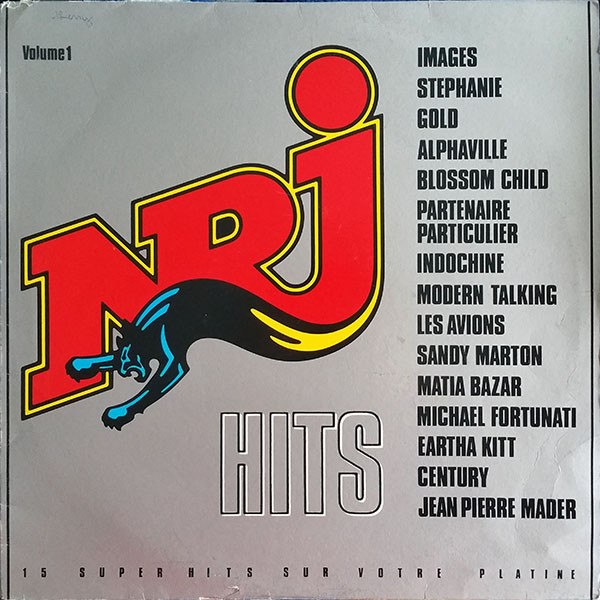
Written by: Jean-Michel Venden
Similar posts
© 2024 JMV PROD

